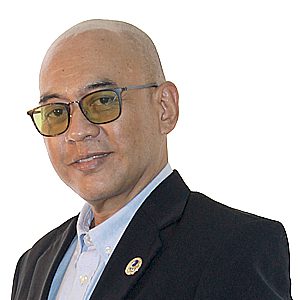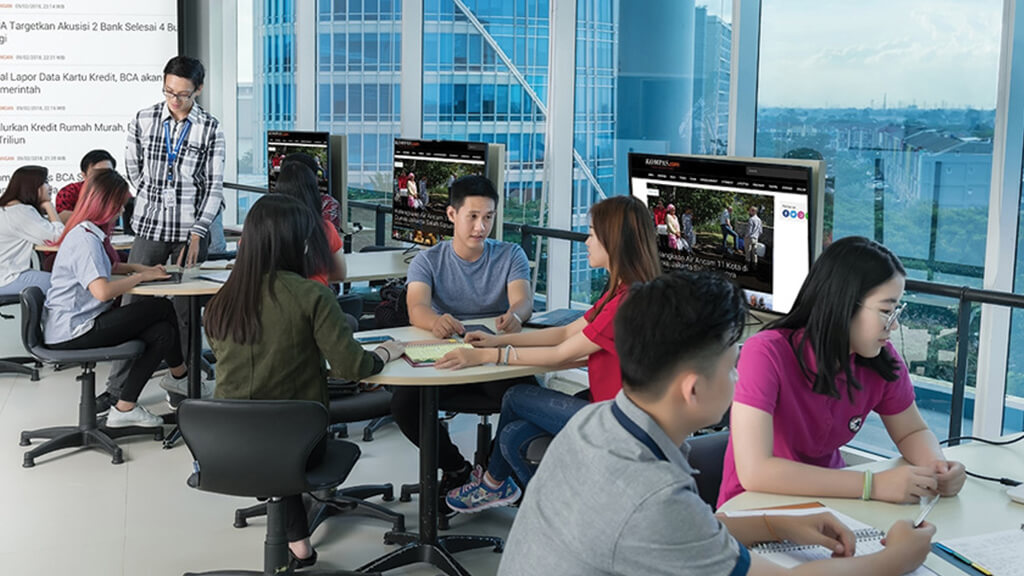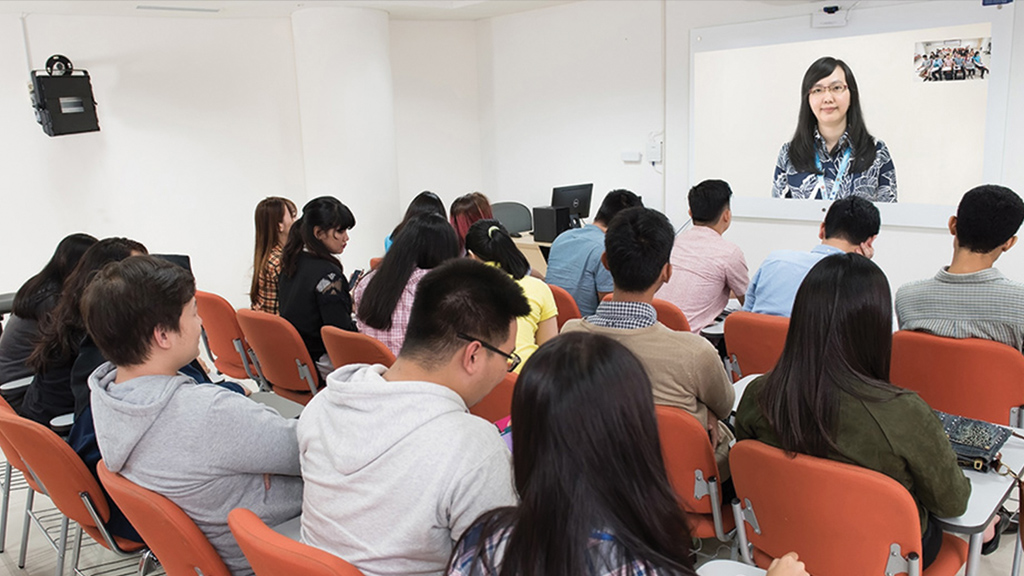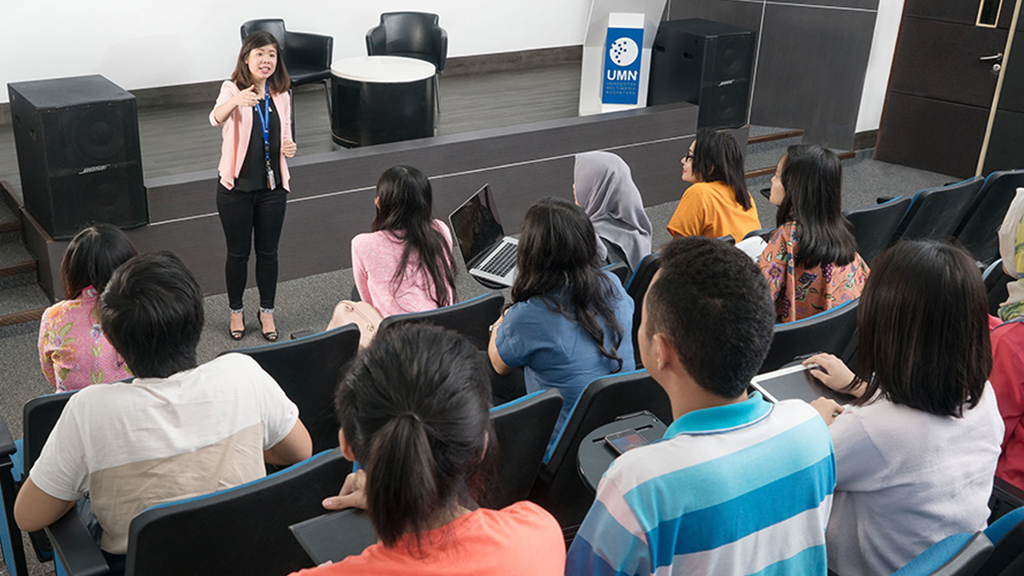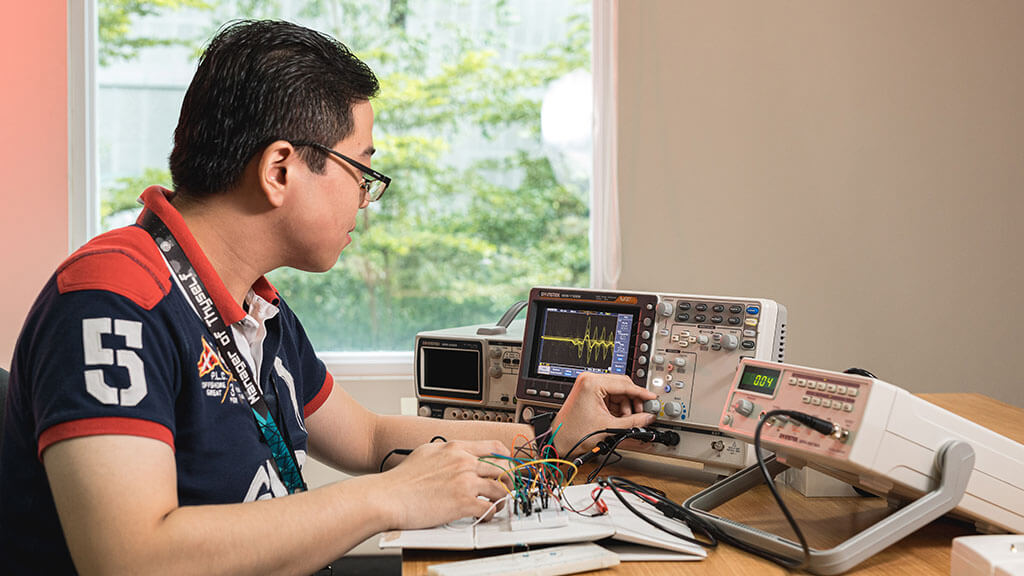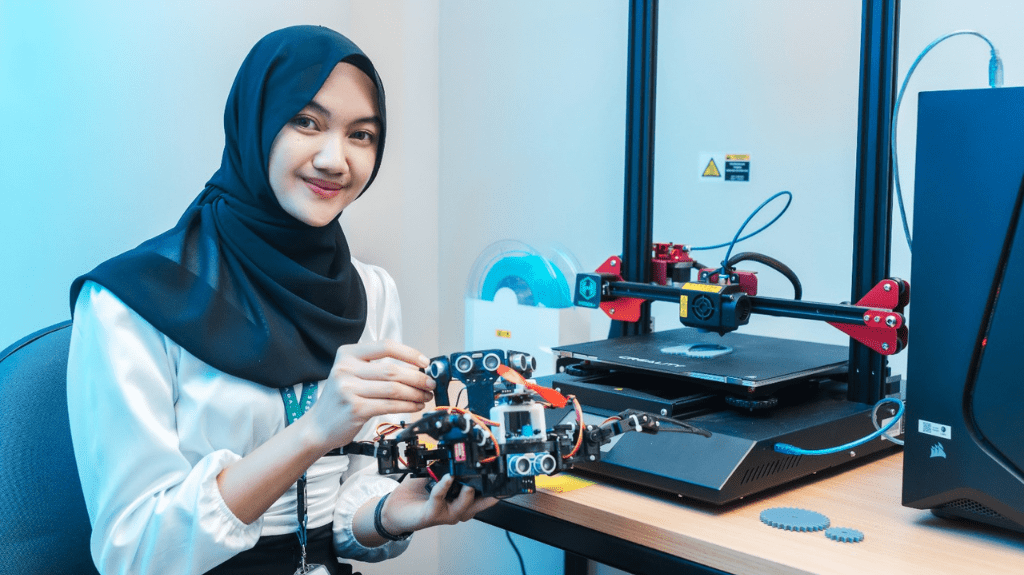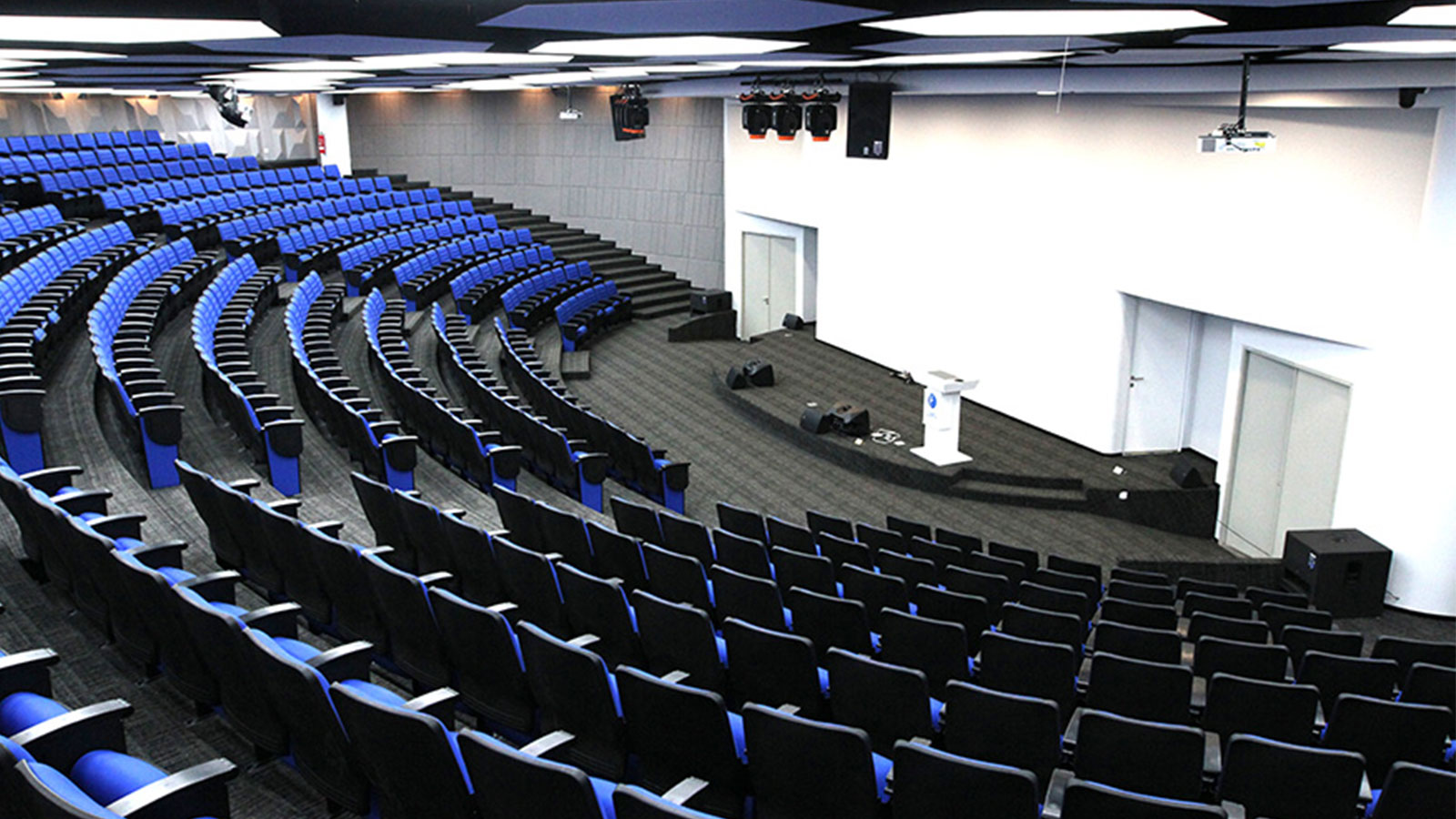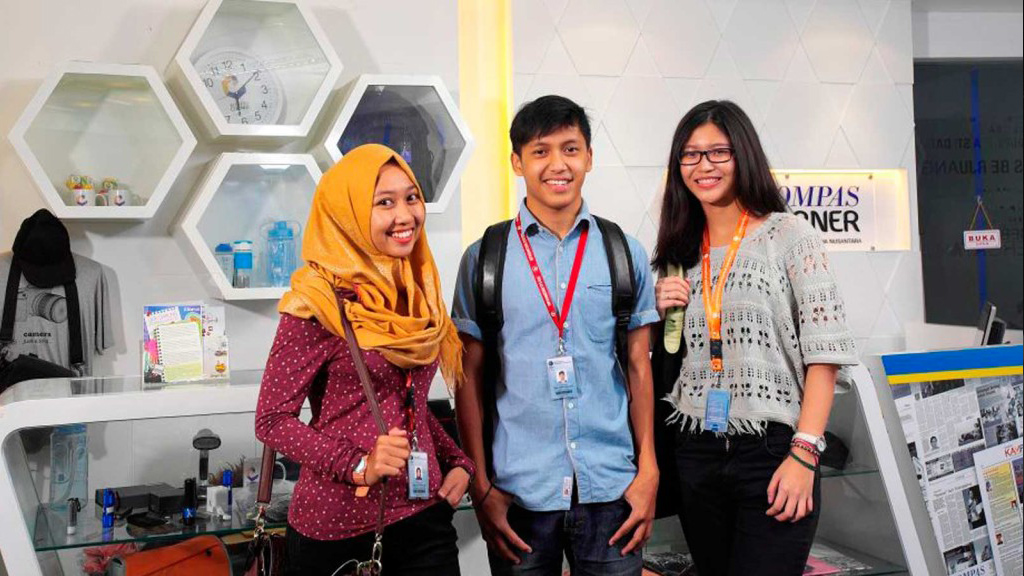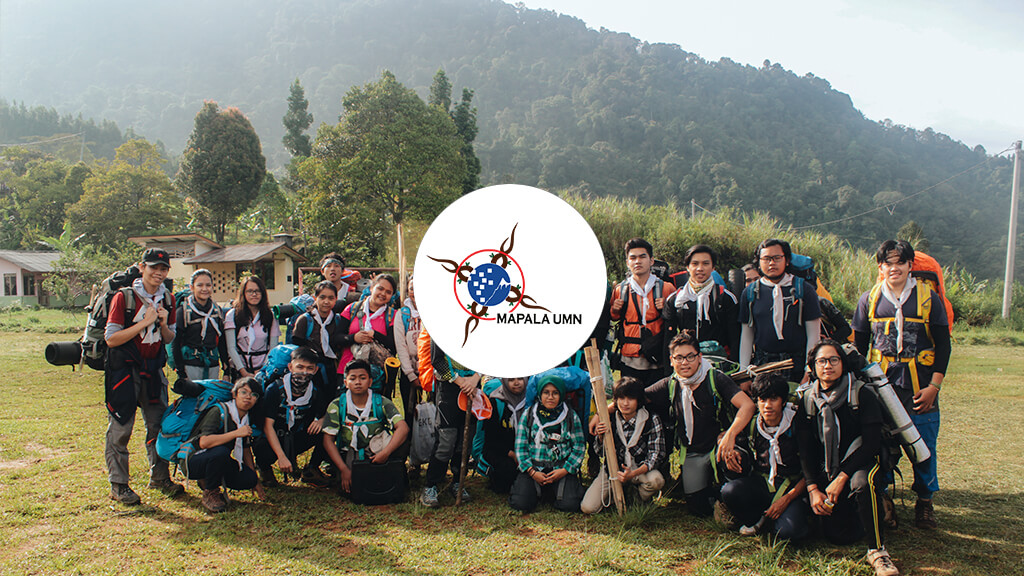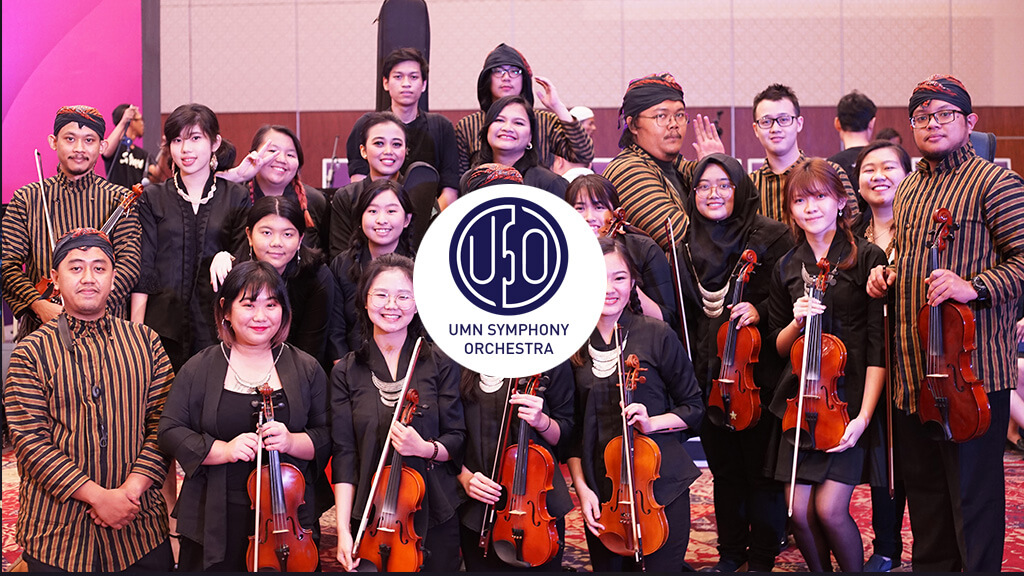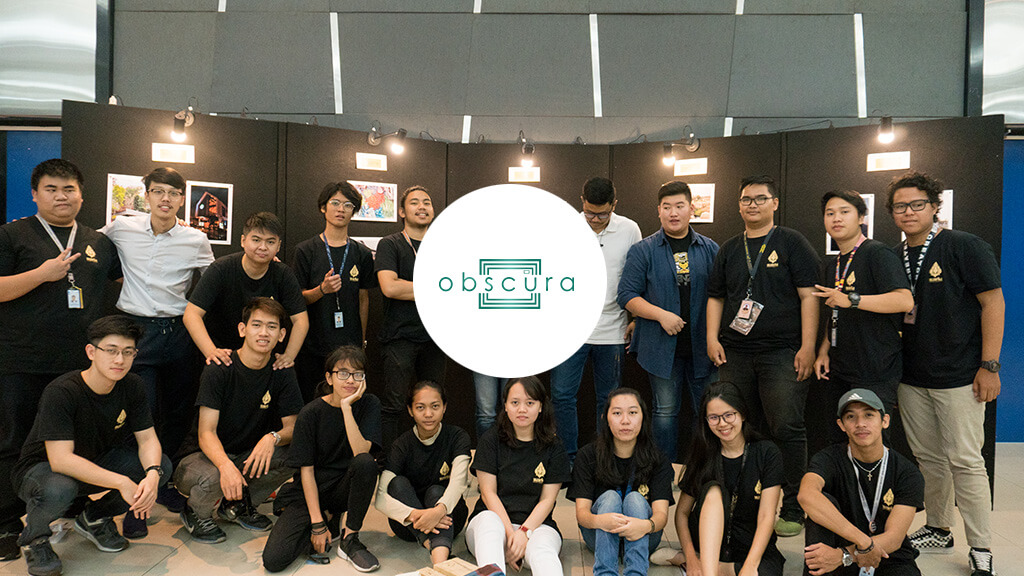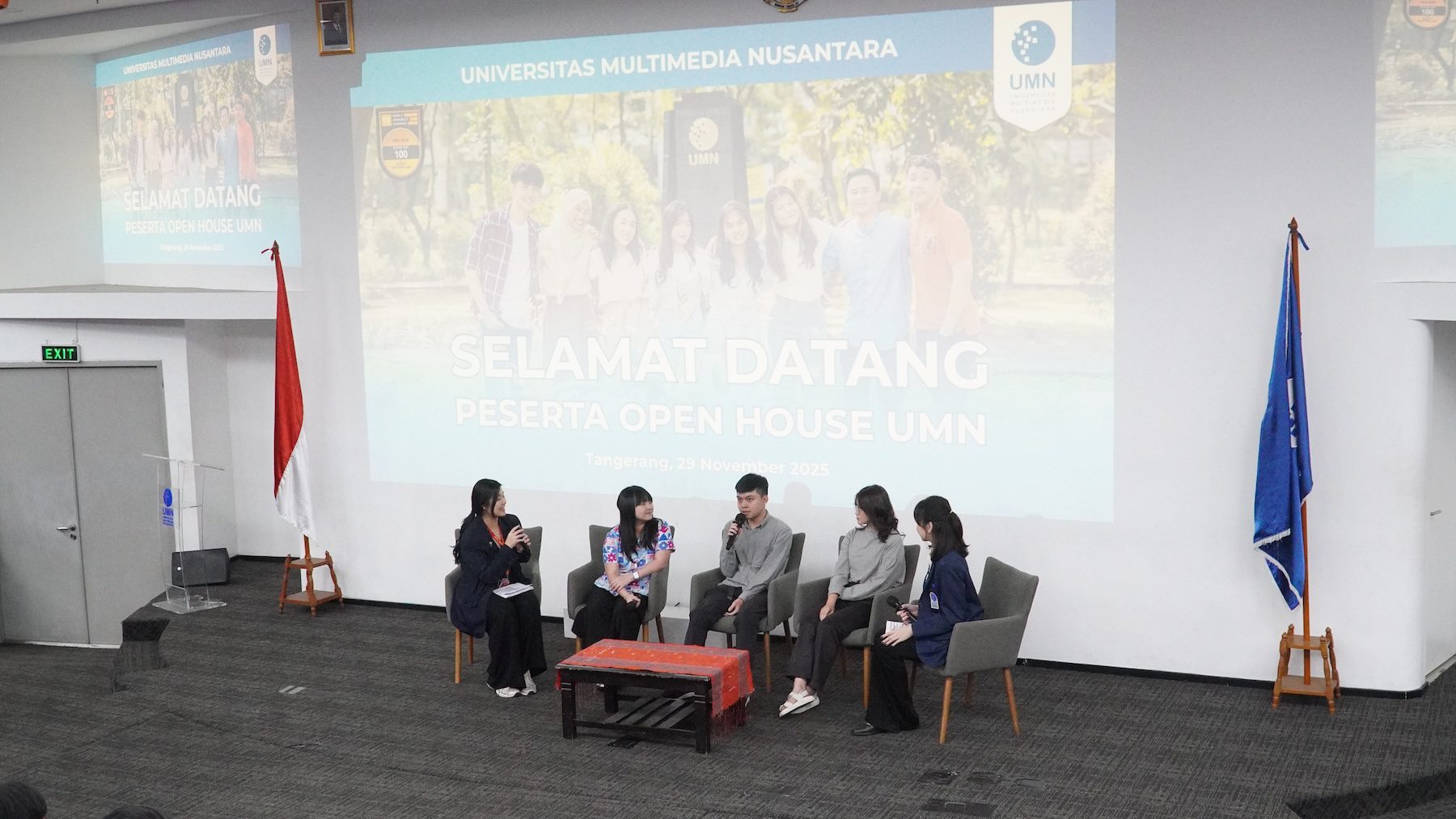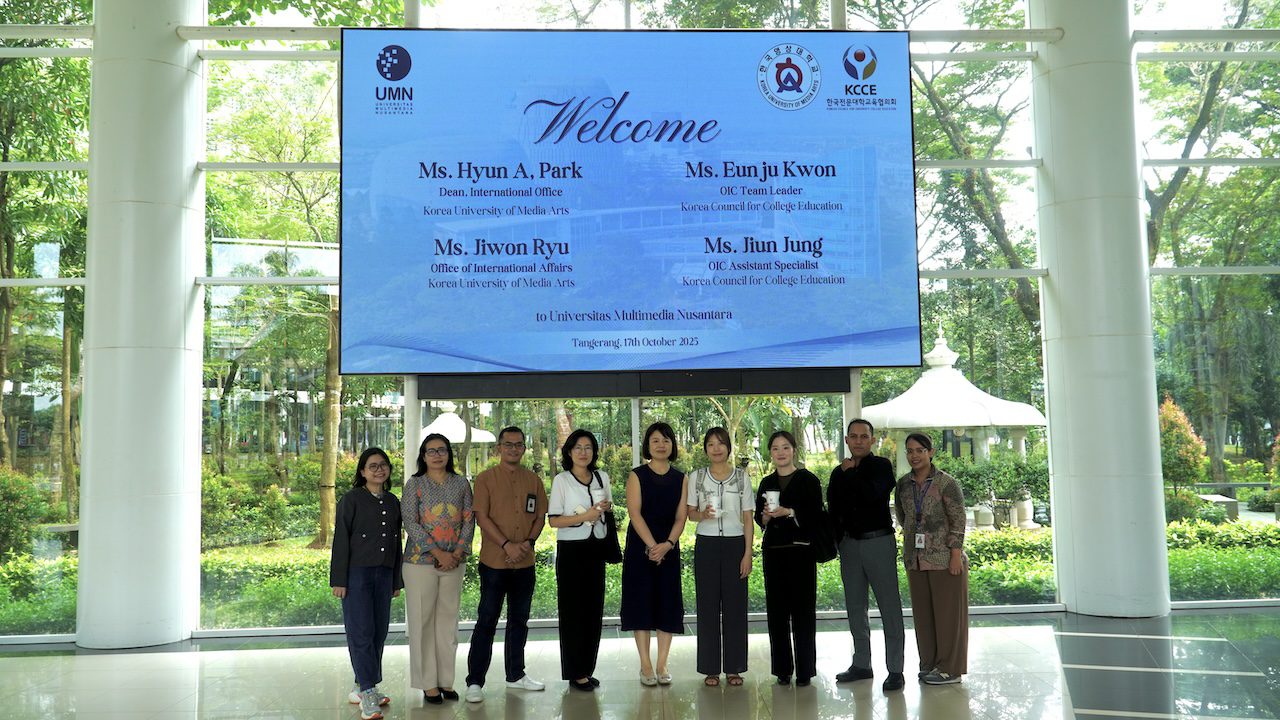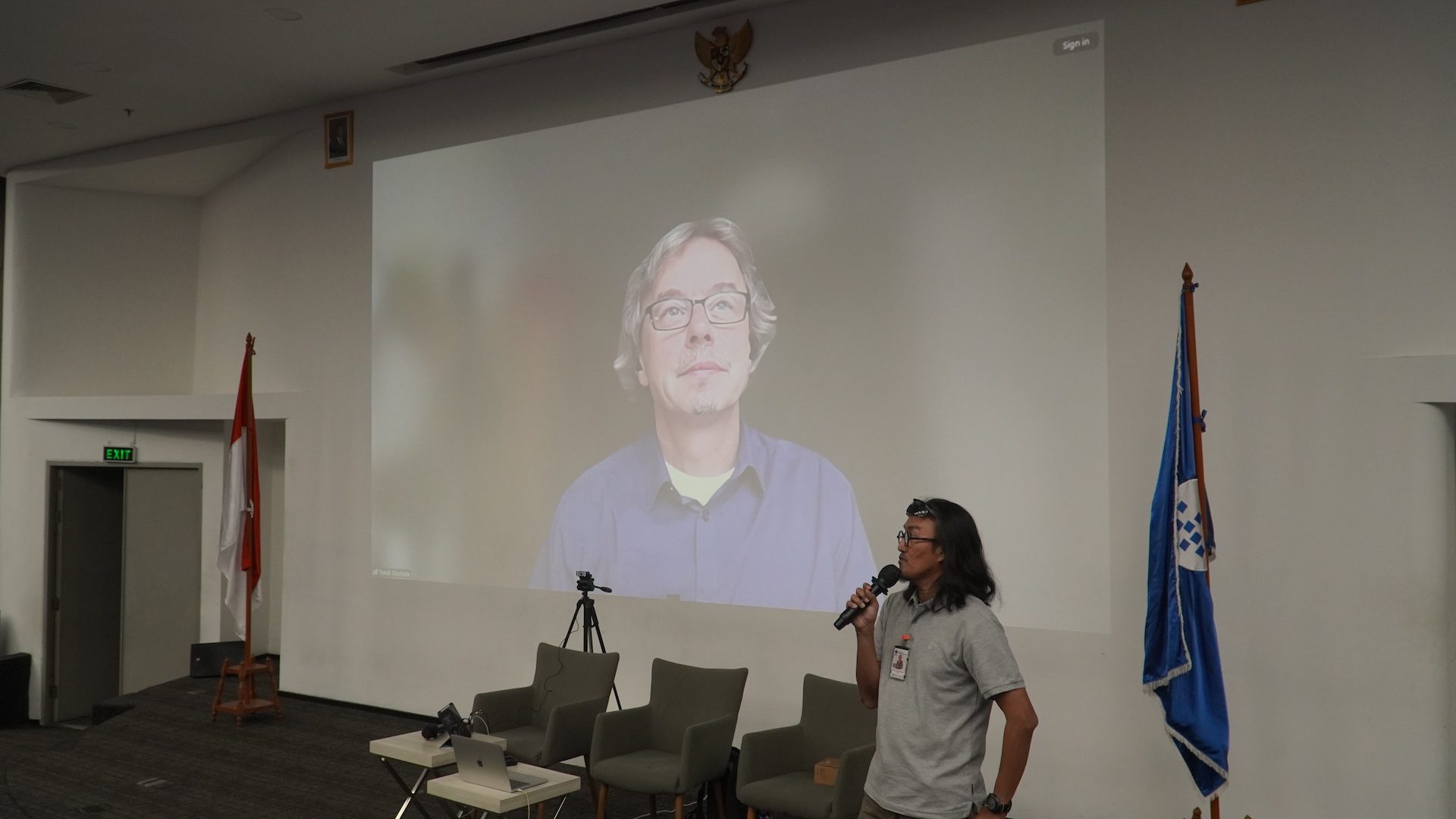Undergraduate Program in
Electrical Engineering
What is Electrical Engineering?
Electrical engineering is the application of electricity – related science and technology and its applications in meeting the daily necessities of life. Students will learn about concepts, design, development, to the production of electrical devices to sustain human life especially in the industrial age 4.0.
The program for the study of electrical engineering became a vessel for students to cope with the growing growth of the industry by developing industrial automation that could help human life in the future
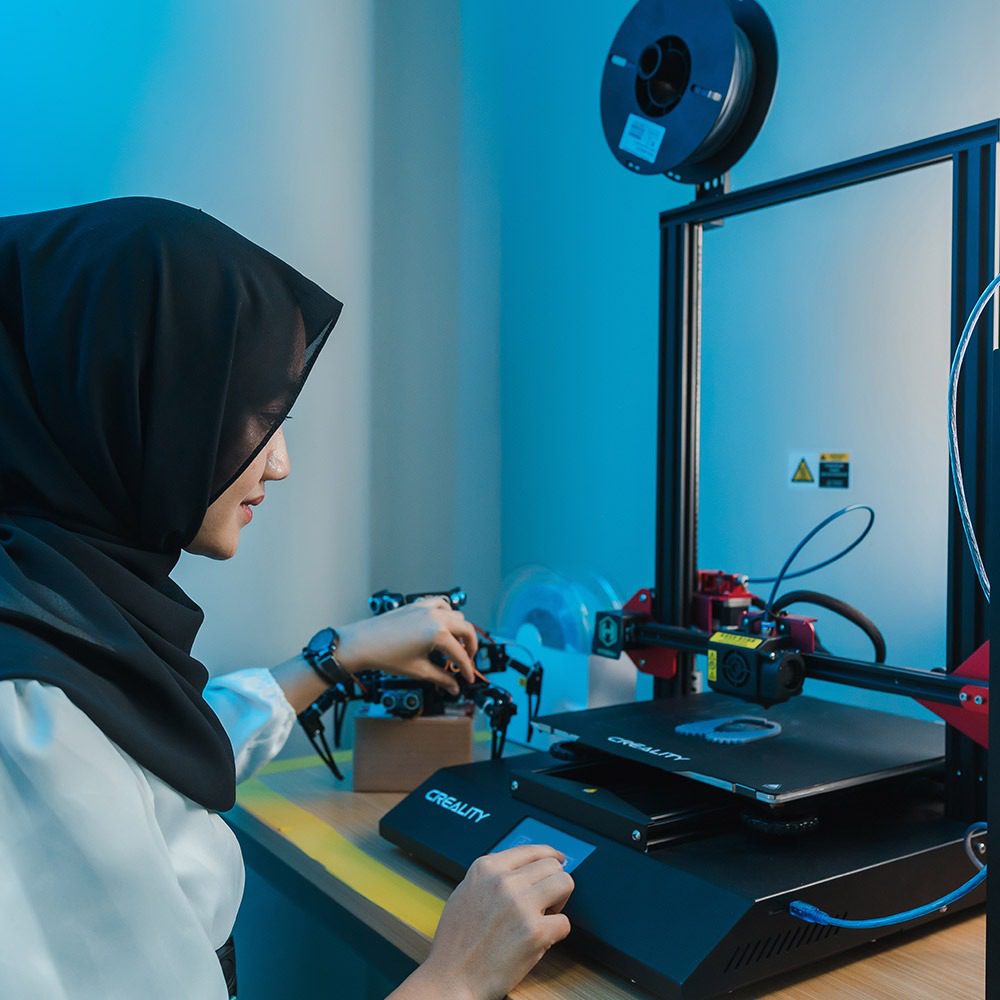
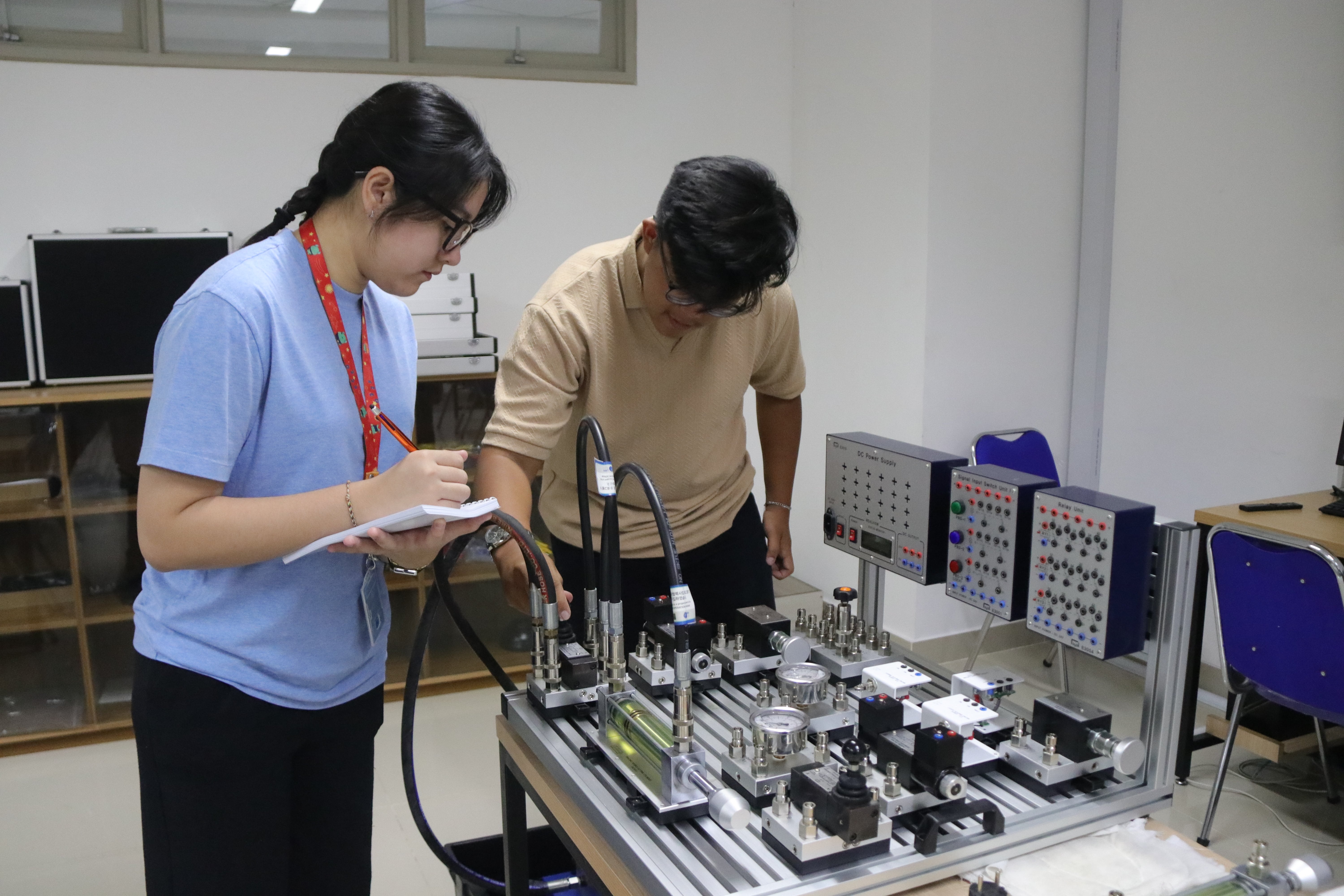
Why choose UMN’s
Electrical Engineering?
Electrical engineering programs focus on industrial automation, where industry automation helps to run production processes that humans cannot manage through the application of mechanics-based, electronic, and computer systems that would allow for control and control to be mechanized, of course, this would make human work much easier. For example, in the process of making an automobile, the design of each part is driven by an engine or robot that will speed and efficiency the production process. It is adapted to technological developments in the industrial age 4.0 so that students are expected to be able to cope with growing industrial development over time to bring changes to the world.
ECTS Points Table
| ECTS Points | 146 SKS |
| Education Type | Bachelor Program |
| Duration | 4 years |
| Language | Bahasa Indonesia |
| Bachelor's Degree | Bachelor of Engineering |
Vision & Mission
Vision
Into a single advanced electrical engineering program that results in internationally insightful competent graduates, focused on industrial automation, entrepreneurial and noble-minded.
Mission
- Administer the best methods and technologies that the curriculum supports and the best teaching people who have high competence in electrical engineering.
- Carries out research activities that develop science in electrical engineering in particular the industrial automation and support teaching processes.
- Carry out activities and services in electrical engineering that benefit the industry, government, and community development.
Career Prospect
Electronic engineering studies graduate may have career prospects in the following areas:
- Industrial Position (oil & gas company, power generator, real estate & property, public service/utility company):
a. Industrial Automation Engineer
b. Supply Chain expert
c. Hardware engineer
d. Plant engineer
e. Instrument Engineer
f. Project Engineer
g. Embedded Engineer
h. Research & Development (R&D) - Academics & Researcher
- Consultant:
a. Industrial Automation
b. Instrumentation - Technopreneur
- Government/Regulatory Agency
Further Study
Graduate students of electrical engineering studies have had extensive opportunities to further education into master’s or masters at both domestic and foreign colleges.
Graduates can take master degree on the field:
- Control Engineering
- Electrical & Electronics Engineering
- Mechatronics
- Industrial Automation
- Digital Signal Processing
- Sustainable Energy Technology
- Industrial Engineering
- Computer Engineering
Learning Attainment
- Have an understanding of professional responsibility and adhere to professional ethics. (professional professionals)
- Have an awareness of the need and ability for lifelong learning. (long life learning)
- Has the ability to communicate effectively. (communication skills)
- Are almost as much about cooperative as almost multidisciplinary teams. (teamwork)
- Has extensive understanding of the impact of technical solutions in global and social context. (societal impact)
- Has the ability to apply a knowledge of mathematics, science, information technology and perseverance. (scientific ingenuity)
- Has the ability to design components, systems and/or processes to meet the desired needs.(Design Abilities)
- Has the ability to design and implement laboratory and/or field experiments and analyze and interpret data. (application training) has the ability to identify, formulate, analyze and resolve problems of perseverance. (Experimental Training)
- Memiliki kemampuan mengidentifikasi, merumuskan, menganalisis dan menyelesaikan permasalahan keteknikan. (Problem Solving).
- Has the ability to apply the methods, skills and tools of modern information technology and techniques needed for the practice of perseverance. (Technical Knowhow)
- Acquired knowledge of current issues that are relevant. (Contemporary Issues)
- Has the ability to automate processes at the level needed and within the limits of industry. (Engineering Constraints)
- Has the ability to create an efficient industrial automation system to be used on a large scale. (Precision Engineering Skill)
- Precision engineering skills has the precision of entrepreneurship for technology and engineering development. (Entrepreneurship)
Graduate Profile
Becoming an individual with the ability and knowledge of electrical engineering in industrial automation that can be used to address problems in industrial automation, society or the education sector.
To become individuals who have applied professional ethics, responsibilities, integrity and lifelong learning in industrial automation to continue to innovate.
Menjadi individu yang menerapkan etika profesi, tanggung jawab, integritas dan pembelajaran seumur hidup dalam bidang otomasi industri sehingga mampu terus berinovasi
Curriculum
The student in electrical engineering umn will learn about control systems, industrial robotics, mekatronics to intelligent control systems during a study period in electrical engineering. In general, the curriculum of electrical engineering umn may be explained as follows.
Year 1: students will learn about understanding the basics of engineering, engineering mathematics, and calculus. In addition, in this first year students will be introduced to data structures and algorithms.
Year 2 : students will learn about the basics of electrical engineering, electrical materials, and control systems. Then students will also begin to be introduced to digital systems and programming.
Year 3: students will study the different types of systems such as electrical power systems, digital control systems, multivariable control systems and embedded system designs. Not only that, in this third year students will be supplemented with a knowledge of an ethics – diligence.
Year 4: students will learn what is the focus of the umn electrical engineering study program, the control system, industrial robotics, mekatronics, and technopreneurship to prepare students for the opportunity to become technologically entrepreneurs. This year students will be performing apprenticeships in manufacturing companies until they get a big startup and become a year of preparation for their final project.
Entry Requirement
- High school Science Majors
- SMK Graduate, industrial electronics engineering, electrical engineering, air conditioning and engineering, mechanical engineering, computer and network engineering, electronic engineering, mekatronika, instrumenmen.
Partnership & Collaborations
UMN’s Electrical Engineering Study Program has collaborated with RFH Germany in the preparation of practicum models, the implementation of practicum and remote practicum implementation for Programmable Logic Controller (PLC) courses
Academic Collaboration
Cooperation University
Cooperation Partner
Why choose UMN’s
Electrical Engineering?
Electrical engineering programs focus on industrial automation, where industry automation helps to run production processes that humans cannot manage through the application of mechanics-based, electronic, and computer systems that would allow for control and control to be mechanized, of course, this would make human work much easier. For example, in the process of making an automobile, the design of each part is driven by an engine or robot that will speed and efficiency the production process. It is adapted to technological developments in the industrial age 4.0 so that students are expected to be able to cope with growing industrial development over time to bring changes to the world.
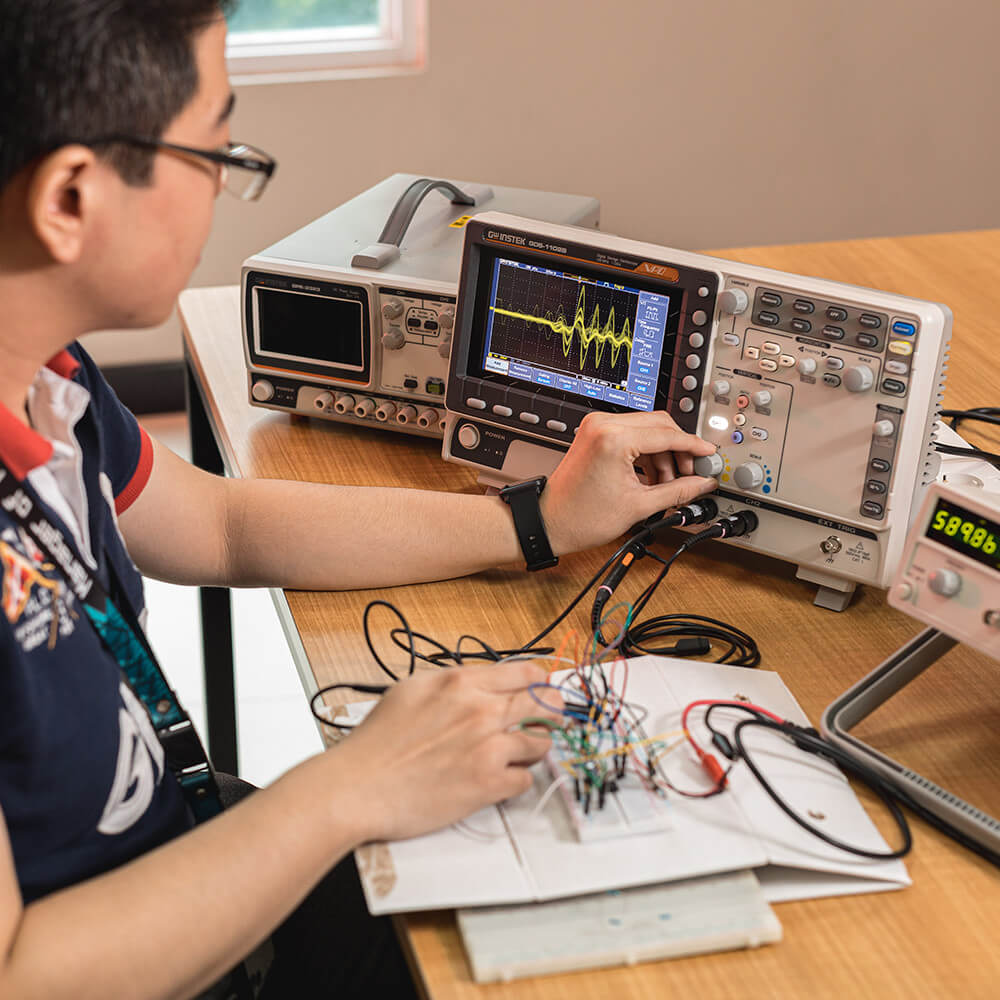
ECTS Points Table
| ECTS Points | 146 SKS |
| Education Type | Bachelor Program |
| Duration | 4 years |
| Language | Bahasa Indonesia |
| Bachelor's Degree | Bachelor of Engineering |
Career Prospect
Electronic engineering studies graduate may have career prospects in the following areas:
- Industrial Position (oil & gas company, power generator, real estate & property, public service/utility company):
a. Industrial Automation Engineer
b. Supply Chain expert
c. Hardware engineer
d. Plant engineer
e. Instrument Engineer
f. Project Engineer
g. Embedded Engineer
h. Research & Development (R&D) - Academics & Researcher
- Consultant:
a. Industrial Automation
b. Instrumentation - Technopreneur
- Government/Regulatory Agency
Further Study
Graduate students of electrical engineering studies have had extensive opportunities to further education into master’s or masters at both domestic and foreign colleges.
Graduates can take master degree on the field:
- Control Engineering
- Electrical & Electronics Engineering
- Mechatronics
- Industrial Automation
- Digital Signal Processing
- Sustainable Energy Technology
- Industrial Engineering
- Computer Engineering
Student Scholarships
UMN scholarship program is offered to high school students in 12th grade who have academic, sports, and artistic achievements while in 11th grade. In addition, UMN also offers the program to high school/vocational school students who won medals in the National and International Science Olympics. As a form of appreciation for the dedication of teachers and employees/ staff in educating the nation's children, UMN provides scholarships in the form of a 50% reduction in fees for teachers/principals and a 30% reduction in fees for children of the employees/staff in high schools/vocational schools (both public and private) who want to continue their education at UMN.
Entry Requirement
- High school Science Majors
- SMK Graduate, industrial electronics engineering, electrical engineering, air conditioning and engineering, mechanical engineering, computer and network engineering, electronic engineering, mekatronika, instrumenmen.
Students are required to attend academic guidance meetings at least 3 times per semester. The schedule of the meetings will be provided by the respective academic supervisors. Students have to bring the academic guidance book for the meeting and they need to make sure that the academic supervisor signs it.
Continuing Education Department (CED) adalah program pengembangan pendidikan di Universitas Multimedia Nusantara (UMN) yang merupakan bagian dari Grup Kompas Gramedia. Kami memiliki berbagai program dalam kursus bahasa, pengembangan manusia, Pusat Pengujian untuk sertifikasi nasional dan internasional, dan program pelatihan. CED UMN dirancang untuk memenuhi kebutuhan siswa sekolah menengah dan perguruan tinggi, serta masyarakat dan profesional.
Students are encouraged to find their own companies / agencies for their internships that align with the focus of the Electrical Engineering Study Program i.e. Industrial Automation. Information about available internships can be obtained from other students, social media, job fairs, advertisements in print or electronic media or even through the UMN Career Development Center (CDC).
To complete the Undergraduate Program (S-1) at Multimedia Nusantara University, students must prepare, present, and defend the thesis in front of the thesis examination board, in accordance with the provisions of the study program. The preparation of the thesis is done individually and the students can choose the supervisor directly provided that the selected supervisor agrees.
In connection with the New Normal regulations, UMN implements its teaching system in accordance with the Press Release of the Ministry of Education and Culture of the Republic of Indonesia Number 137/sipers/A6/VI/2020 concerning Guidelines for The Implementation of Learning in the School Year and New Academic Year during the COVID-19 Pandemic, Chapter of the Learning System in the Higher Education Environment.
Graduation requirements
Curriculum Electrical Engineering
The student in electrical engineering umn will learn about control systems, industrial robotics, mekatronics to intelligent control systems during a study period in electrical engineering. In general, the curriculum of electrical engineering umn may be explained as follows.
Year 1: students will learn about understanding the basics of engineering, engineering mathematics, and calculus. In addition, in this first year students will be introduced to data structures and algorithms.
Year 2 : students will learn about the basics of electrical engineering, electrical materials, and control systems. Then students will also begin to be introduced to digital systems and programming.
Year 3: students will study the different types of systems such as electrical power systems, digital control systems, multivariable control systems and embedded system designs. Not only that, in this third year students will be supplemented with a knowledge of an ethics – diligence.
Year 4: students will learn what is the focus of the umn electrical engineering study program, the control system, industrial robotics, mekatronics, and technopreneurship to prepare students for the opportunity to become technologically entrepreneurs. This year students will be performing apprenticeships in manufacturing companies until they get a big startup and become a year of preparation for their final project.
Course Details
PSTE UMN mengelompokan matakuliah dalam kurikulum menjadi beberapa kelompok mata kuliah yang menjadi fokus utama adalah otomasi industry. Pengelompokan matakuliah sebagai berikut.
Curriculum Overview
To support the learning process, umn provided a complete and sophisticated college facility, according to industrial standards. Through the existence of the facility, students have been invited to be close to the industrial world since sitting in college and to have competence that matches the needs of the industry. That way, it will make it easier for umn students to find jobs, even before graduation.
Extracurricular Student Activities
In order to help students explore and develop their non-academic potentials, UMN also provides a variety of extra-curricular activities for students which is locally called UKM, Student Activity Unit.

SEE OTHER
UMN’S STUDENT ACTIVITIES
Penelitian Hibah DIKTI - TE
Rekapitulasi Penelitian Internal - Teknik Elektro
Daftar Kegiatan PKM Dosen
Rekapitulasi Inovasi Hak Cipta - Teknik Elektro
Training & Certification
PLC (Programmable Logic Control) Competency Certification from TUV Rheinland and Festo
Competency Certification
Certification Program Title:
Programmable Logic Controller (PLC) Maintenance Technician with TÜV Rheinland Certified Qualification.
Admission Requirements:
Minimum educational background: Vocational High School, 4th grade,
majoring in: industrial automation, industrial electronics, mechatronics
Examination Components:
Practical exam
Required Competencies:
In the examination participants prove their knowledge in the following areas:
Able to identify type of input, output and related items of PLC
Able to read and understand wiring diagram
Able to install and test the PLC and related devices Able to modify simple ladder diagram
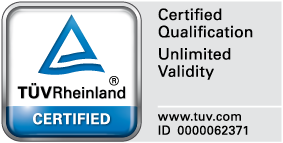
Green Building Training
UMN collaborates with Green Building Council Indonesia (GBCI) to conduct Greenship Associate training and certification at UMN every beginning of December. This training is a facility for UMN Physics Engineering students as well as the outside community to gain learning experience and also certification in the field of green building. For further information on this training, please contact ced[at]umn.ac.id.
Information Literacy
Information literacy is an ability that individuals have in determining, searching, managing and evaluating information effectively and efficiently. This training is open to UMN active students. For further information, please contact: library.umn.ac.id
Kuliah di Jurusan Teknik Elektro UMN tidak hanya teori saja yang didapatkan tetapi praktek, baik dari konsep dasar yang sangat kuat membantu dalam mendalami bidang ilmu yang saya tekuni, mahasiswa dituntut untuk aktif baik dalam merakit rangkaian listrik dari yang sederhana hingga berbagai macam projek robotika. Selama mengerjakan projek – projek tersebut, selalu diberikan bimbingan oleh dosen serta asisten laboratorium yang ahli di bidangnya. Tentunya sebagai mahasiswa, saya merasa sangat terbantu dengan berbagai fasilitas UMN.
Richard Howin
Mahasiswa Teknik Elektro 2018
Peraih beasiswa penuh selama tiga semester berturut-turut
Electrical Engineering
Electrical engineering programs focus on industrial automation, where industry automation helps to run production processes that humans cannot manage through the application of mechanics-based, electronic, and computer systems that would allow for control and control to be mechanized, of course, this would make human work much easier.








